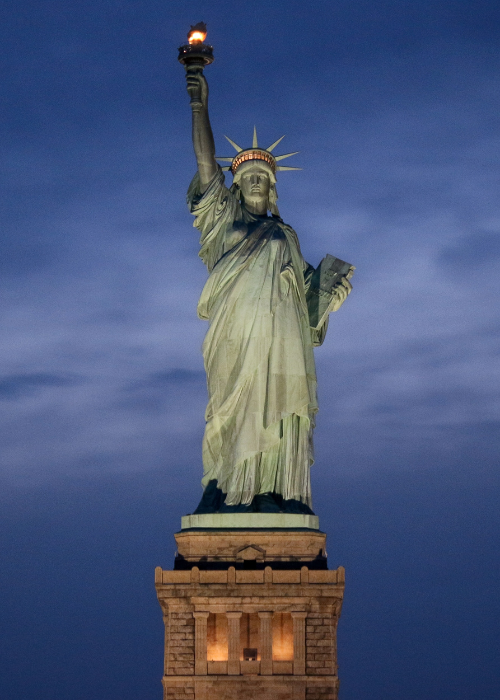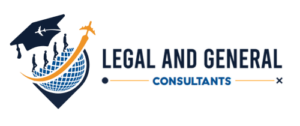STUDY IN USA
Welcome at The United States of America
“Where you can live, study, work and enjoy standard life”
Student Visa
Generally, a citizen of a foreign country who wishes to enter the United States must first obtain a visa, either a nonimmigrant visa for temporary stay, or an immigrant visa for permanent residence. You must have a student visa to
study in the United States.
Your course of study and the type of school you plan to attend determine whether you need an F visa or an M visa.
Get a student visa to study in the U.S.
To study in the U.S. as an international student, you must get a student visa. Learn about the types
of student visas, how to apply, and if you can work while you study.
| To enter the United States to attend: | Visa category: |
| University or college | F |
| High School | |
| Private elementary school | |
| Seminary | |
| Conservatory | |
| Another academic institution, including a language training program | |
| Vocational or other recognized non-academic institution, other than a language training program | M |
Types of Student Visas
F-1 and M-1 visas for full-time students
- F-1 visas are for full-time international students pursuing “Academic studies”.
https://studyinthestates.dhs.gov/sites/default/files/SEVP_F%20vs%20M%20Infographic_Oct2015.pdf
- M-1 visas are for full-time international students pursuing “Vocational studies”.
- J-1 visa for exchange students
The J-1 exchange visitor visa is for foreign nationals who have been approved to take part in workand-study-based exchange programs. Examples include visiting scholars, camp counsellors, au pairs,
and research assistants.
Learn about the educational programs that J-1 visa holders can participate in.
F-1 visa VS M-1 visa
| F-1 INTERNATIONAL STUDENTS | M-1 INTERNATIONAL STUDENTS |
| Are in an academic program, often with a core academic curriculum. | Are in a vocational program, typically without a core academic c urriculum. |
| Are “eligible” for annual vacation. | Are “not eligible” for annual vacation. |
| “Can change” their major or program of study. | “Cannot change” their major or program of study. |
| Can transfer anytime during their program or begin a new p rogram after completing one. | Can only transfer in the first six months after arrival and must apply to U.S. Citizenship and Immigration Services for transfer by filing Form I539, “Application to Extend/Change Nonimmigrant Status.” |
| Can“ work during and after their program of study”, with permission. | Can “only work after their program of study ends” and with permission. |
| Can participate in up to four types of work including, oncampus, off-campus for economic hardship, curricular practical training(CPT) & optional practical training(OPT). | Can participate in one type of work, practical training (PT), o ne month for every four months of their program. |
| Can remain in the United States for the duration of their pro gram of study. | Can only remain in the United States for “up to one year” unless they apply for an extension. |
| Can stay in the United States for up to “60 days after thei r program” or OPT end date. | Can stay in the United States for “up to 30 days after their program” or PT end date. |
| *For more information visit StudyintheStates.dhs.gov/Maintaining-Your-Status | |
J-1 Visa (Exchange Visitor Visa)
Exchange visitor (J) visas are non-immigrant visas for individuals approved to participate in exchange visitor
programs in the United States.
Exchange Visitor Categories Include:

Au Pair and Edu Care

Through the Au Pair program, participants and host families take part in a mutually rewarding, intercultural opportunity. Participants can continue their education while experiencing everyday life with an American family, and hosts receive reliable and responsible childcare from individuals who become part of the family.
Au Pairs must be:
Proficient in spoken English;
- A secondary school graduate or equivalent; and Between 18-and-26-years-old.
- Capable of fully participating in the program as evidenced by the satisfactory completion of a physical.
- Personally interviewed, in English, by an organizational representative who shall prepare a report of the interview which shall be provided to the host family; and
- Successful in passing a background investigation that includes verification of school, three, non-family related personal and employment references, a criminal background check or its recognized equivalent and a personality profile. Such personality profile will be based upon a psychometric test designed to measure differences in characteristics among applicants against those characteristics considered most important to successfully participate in the au pair program.
Benefits
Host Family Stay: Live with a family for 12 months, with the option to extend 6, 9, or 12 more months.
Professional Training: Receive a minimum of 32 hours of childcare training before you start.
Childcare Experience: Provide up to 10 hours a day/45 hours a week of childcare.
School Credit: Complete at least six hours of academic credit or equivalent in formal educational settings at an accredited U.S. post-secondary educational institution.
Financial Value: Receive up to $500 toward the cost of required academic course work. Room and board plus compensation for childcare work.
Sponsors are required to:
- Screen and select both host families and au pairs as program participants according to selection criteria stated in the regulations;
- Provide au pairs with training in child development and child safety prior to their placement with a host family; and
- Provide an orientation upon arrival in the United States that includes comprehensive information on life in the United States (see “more information” below)
- Be transparent about fees, housing, representations and disclosures and provide an itemized list of all fees to be paid and a description of other costs that an au pair will likely incur while in the United States
- Monitor au pair participation throughout the program, including the physical location, progress, and welfare of the au pair
- File a program-specific management review to the State Department, so that the Department can regularly review internal controls and program
Sponsors must ensure the following:
- Eligibility: Must be 18-to-26-years-old, proficient in spoken English and must complete at least six hours of academic credit or its equivalent at an accredited U.S. post-secondary educational institution.
- Work hours: Childcare is limited to no more than 10 hours per day, and to a maximum of 45 hours per week.
- Childcare Experience: Provide up to 10 hours a day/45 hours a week of childcare.
- Financial Compensation: Au pairs are compensated for their work according to the Fair Labor Standards Act as interpreted and implemented by the U.S. Department of Labor.
Host families are required to:
- Pay up to $500 toward the cost of the au pair’s required academic course work;
- Provide an appropriate suitable private room;
- Be U.S. citizens or legal permanent residents fluent in spoken English;
- Pay a weekly minimum stipend based on the program option selected;
- Give the au pair one complete weekend off each month (Friday evening to Monday morning);
- Facilitate the care provider’s requirement to enroll in and attend an accredited post-secondary institution to fulfill her Educational Component requirement;
- Provide a minimum of two weeks paid vacation for each 12 month exchange term (prorated for extension periods of six or nine months), in addition to regular weekly/monthly time off;
- Include the au pair whenever possible in family meals, outings, holidays and other events; and
- Host families and Au Pairs must sign an Agreement detailing the au pair’s obligation to provide child care prior to the Au Pair’s placement in the host family’s home. In the event of questions regarding refunds or other adjustments, host families and au pairs should refer to their agreements. The Department of State does not have jurisdiction over contractual obligations.
Camp Counsellor
The Camp Counsellor Program enables post-secondary students, youth workers, and teachers to share their culture and ideas with the people of the United States in camp settings throughout the country.
Camp Counsellor must be:
- Sufficiently proficient in the English language to supervise and interact with American youth;
- A foreign post-secondary student, youth worker, teacher or individual with specialized skills; and
- At least 18-years-old.
Benefits
Financial value: Participants receive pay and benefits commensurate with those offered to their American counterparts at the camps.
More information:
Camp Counselors will occasionally have to:
- Perform non-counseling duties as part of camp life, but not serve as “staff.”
- For example, they cannot serve as administrator personnel, cooks or menial laborers such as dishwashers or janitors.

Sponsors are required to:
- Conduct an in-person interview;
- Secure references regarding suitability;
- Ensure that participants have the required health insurance coverage;
- Provide participants, prior to departure for the United States, with information on their duties and responsibilities as a camp counselor, contractual obligations relative to accepting a camp counselor position and information on financial compensation;
- Maintain SEVIS records;
- Provide the sponsors 24/7 immediate contact telephone number;
- Monitor participants throughout their stay and provide assistance as needed; and
- Provide the Department of State’s toll-free emergency hotline telephone number to all participants.
Sponsors must ensure the following:
- Eligibility: Must be at least 18-years-old, proficient in spoken English and a bona fide youth worker, student, teacher or other specially qualified individual.
- Financial Compensation: Camp counselors must receive pay and benefits commensurate with those offered to their American counterparts at the camps
Employers are required to:
- Provide pay and benefits commensurate with those offered to their U.S. counterparts; and
- Ensure that program participants do not serve as
“staff” — including (but not limited to) administrative personnel, cooks or menial laborers such as dishwashers or janitors.

